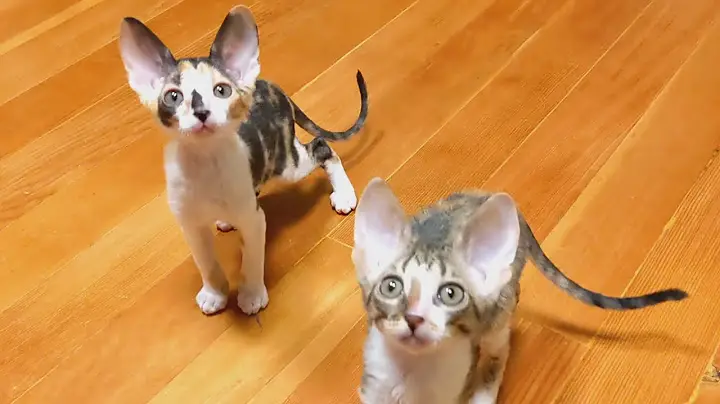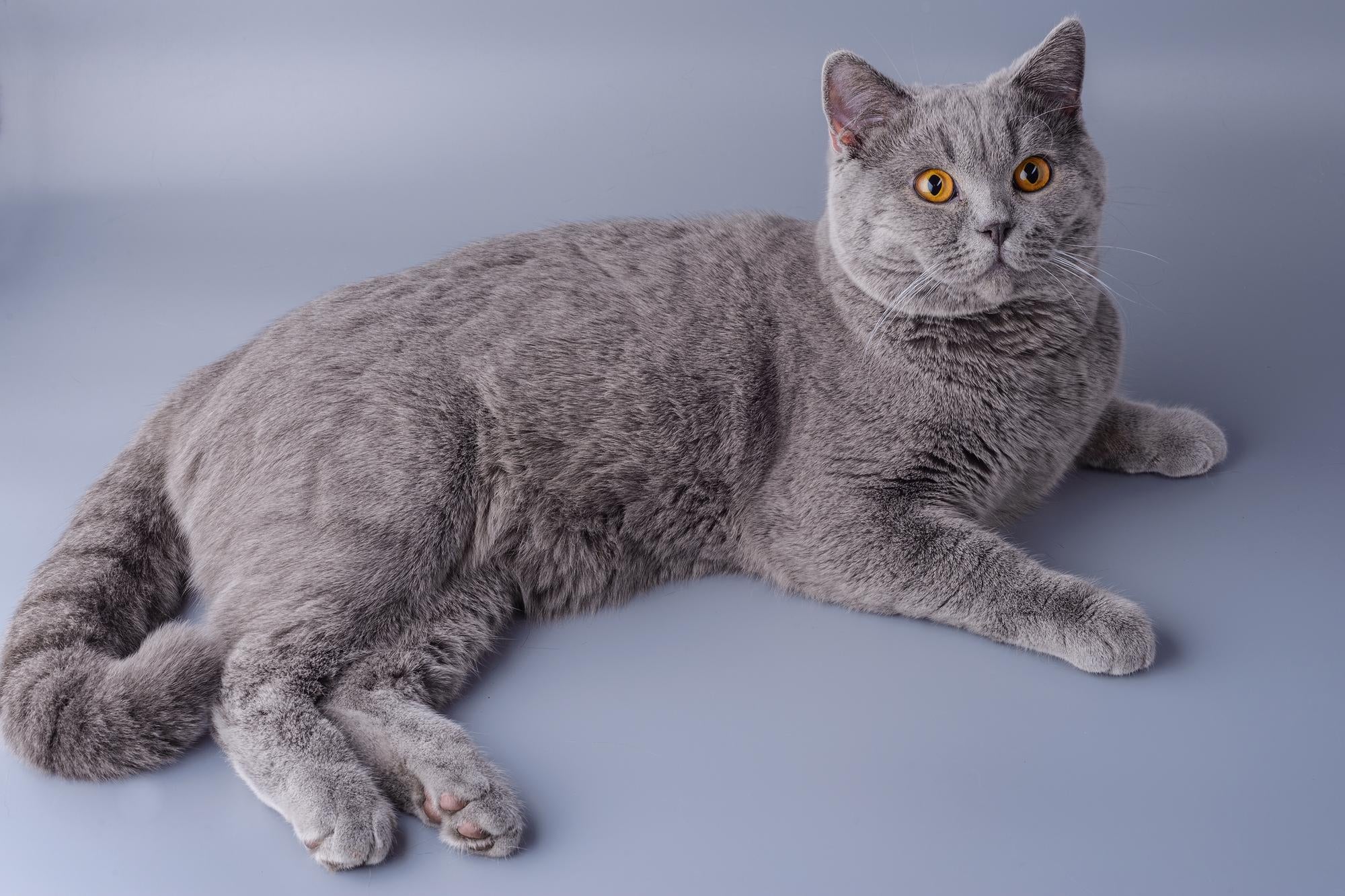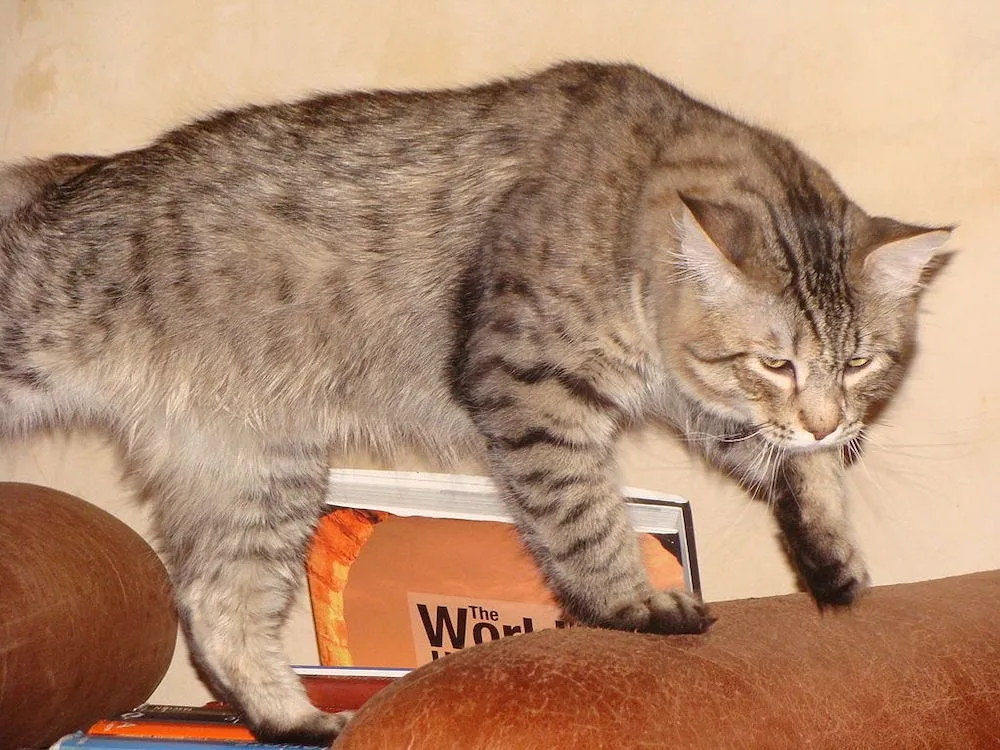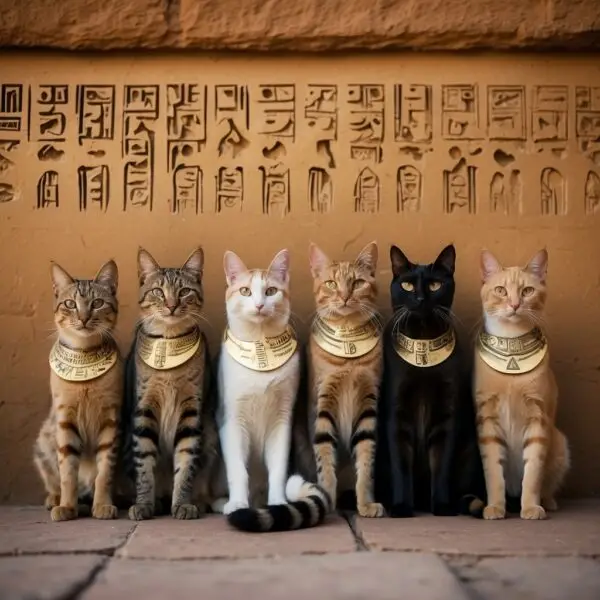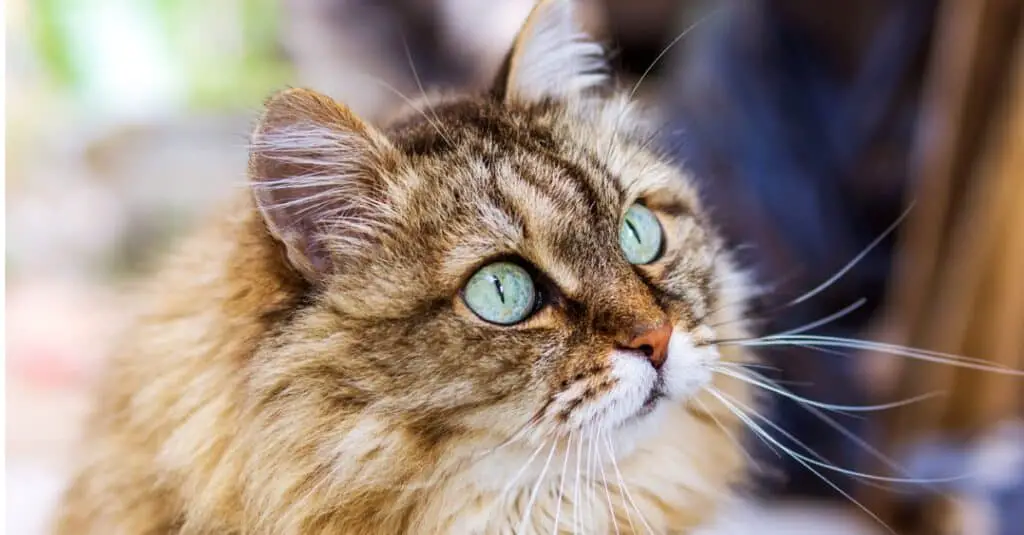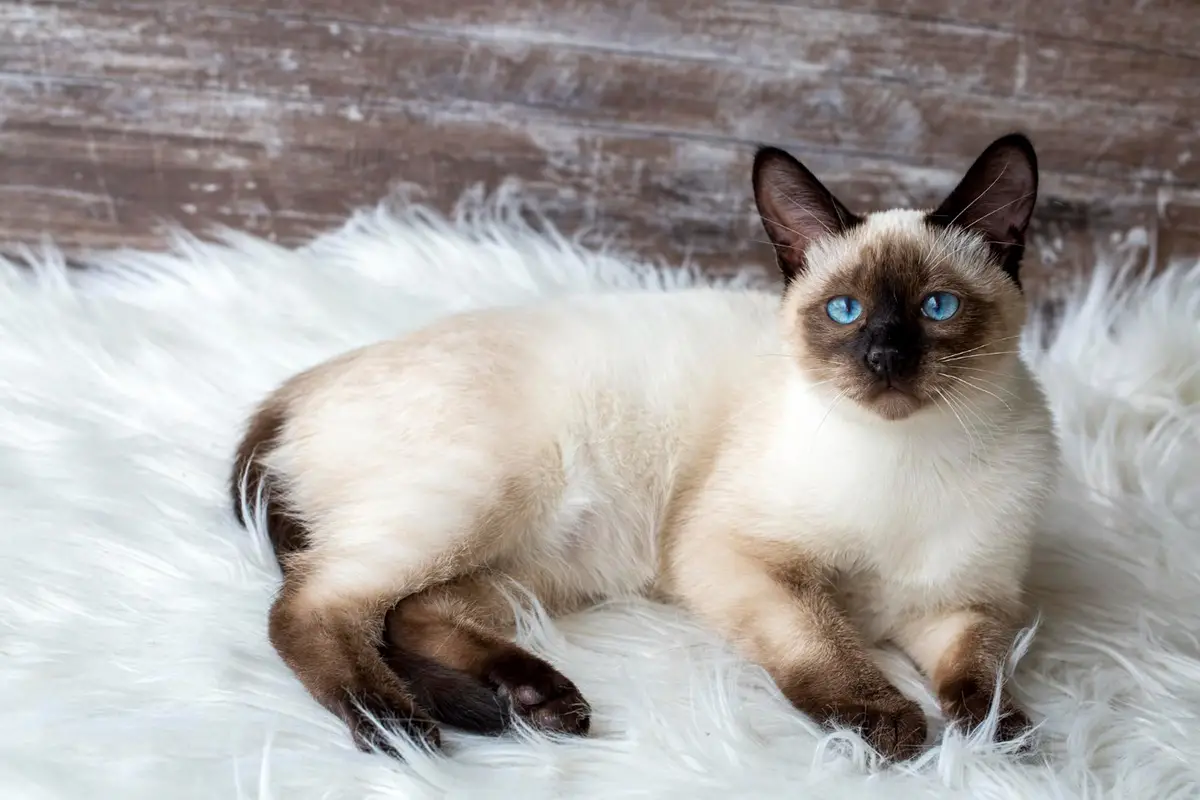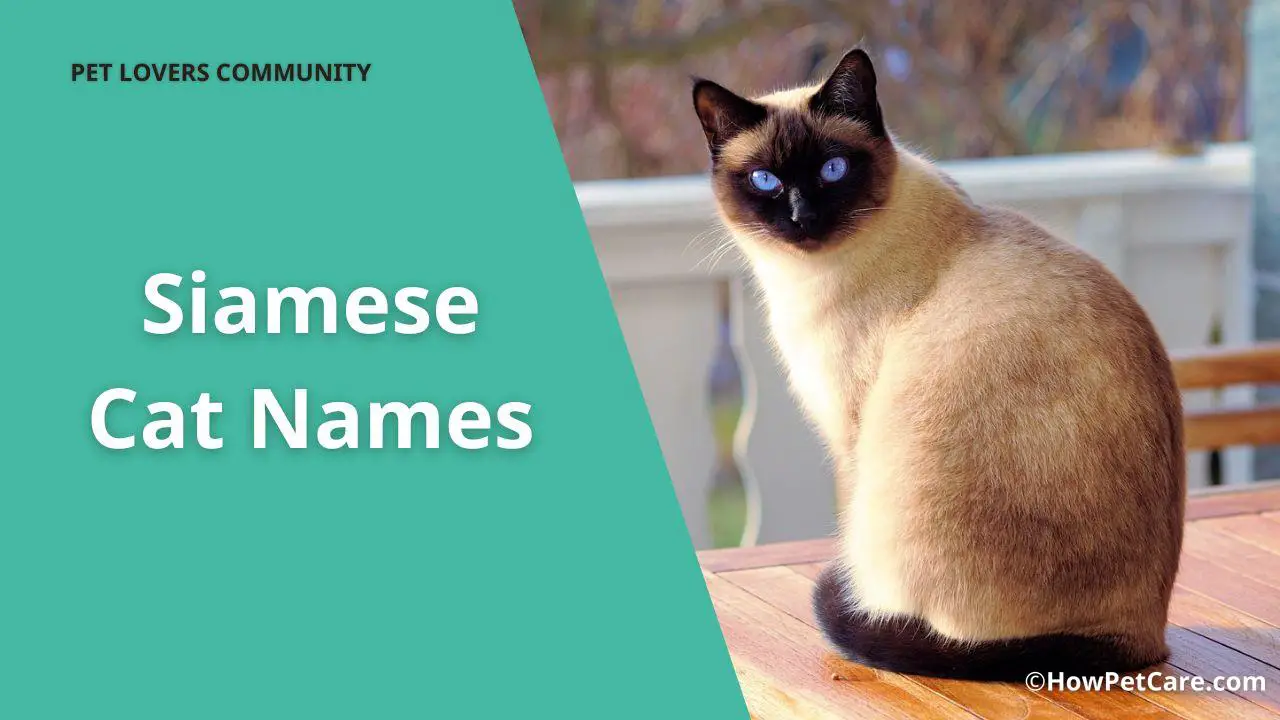Are you looking for an affectionate, active cat breed with a truly distinctive appearance?
The Cornish Rex may be the perfect feline friend for you.
With their soft, wavy coats and sleek, athletic builds, these cats stand out from the crowd in both looks and personality.
Cornish Rex cats are known for their:
- Exceptionally soft, curly fur
- Large ears and expressive eyes
- Slim, muscular bodies
- Playful, people-oriented temperaments
- Low-shedding coats
Let’s dive deeper into what makes the Cornish Rex such a special and beloved breed.
The Unique Cornish Rex Coat
The most striking feature of the Cornish Rex is undoubtedly its coat.
Unlike most cats that have three layers of fur, the Cornish Rex only has the soft undercoat.
This gives them their signature wavy, curly appearance.
Some key facts about the Cornish Rex coat:
- It’s extremely soft and silky to the touch
- The fur forms tight waves or curls all over the body
- There are no guard hairs, only the fine undercoat
- The coat is very short and close-lying
- Cornish Rex cats shed very little compared to other breeds
While their unique coats make Cornish Rex cats stand out visually, it’s important to note that they offer little protection from the elements.
These cats get cold easily and may need sweaters in chilly weather.

Distinctive Cornish Rex Physical Traits
Beyond their curly coats, Cornish Rex cats have several other physical characteristics that give them their elegant, somewhat exotic appearance:
- Large, upright ears
- Oval-shaped eyes that slant slightly upward
- Long, slender legs
- Whippy, flexible tails
- Small, oval paws
- Egg-shaped heads with high cheekbones
- Slightly upturned noses
Overall, Cornish Rex cats have a graceful, almost deer-like build.
Their slim bodies are surprisingly muscular and athletic beneath their short coats.
Cornish Rex Temperament and Personality
While their looks may be elegant, Cornish Rex cats have playful, mischievous personalities.
Some key traits include:
- High energy and love of play
- Affectionate and people-oriented
- Intelligent and easily trainable
- Curious and adventurous
- Talkative but not overly vocal
Cornish Rex cats tend to remain kittenish well into adulthood.
They love interactive toys and games that challenge them mentally and physically.
Many enjoy playing fetch or learning tricks.
These social cats form strong bonds with their humans and don’t like being left alone for long periods.
They’ll often follow their owners from room to room, always wanting to be part of the action.

Cornish Rex History and Origins
The Cornish Rex breed originated from a genetic mutation in a litter of barn cats in Cornwall, England in 1950.
A cream-colored male kitten named Kallibunker was born with an unusually soft, curly coat.
The owner, Nina Ennismore, recognized this unique trait and worked with a geneticist to reproduce it through selective breeding.
Kallibunker was bred back to his mother, producing more curly-coated kittens.
The breed was developed using crosses with Burmese, Siamese and British Shorthair cats to diversify the gene pool while maintaining the Rex coat.
Cornish Rex cats were brought to America in 1957 and gained championship status with the Cat Fanciers’ Association (CFA) in 1964.
Caring for a Cornish Rex
While generally healthy, Cornish Rex cats do have some special care requirements:
- They need protection from extreme temperatures due to their fine coats
- Regular nail trimming is important as their thin coats don’t protect furniture well
- Their large ears are prone to wax buildup and need regular cleaning
- High-quality, protein-rich diets are essential to maintain their muscular builds
- They need lots of play and interaction to stay happy
With proper care, Cornish Rex cats typically live 11-15 years.
They are generally healthy but can be prone to hypertrophic cardiomyopathy, a form of heart disease.

Video

Is a Cornish Rex Right for You?
Cornish Rex cats make wonderful companions for owners who:
- Want an affectionate, interactive cat
- Enjoy playful, energetic pets
- Are looking for a low-shedding breed
- Can provide lots of attention and playtime
- Don’t mind a cat that likes to be involved in everything
However, they may not be ideal for those who:
- Want a very independent cat
- Are away from home for long periods
- Live in very cold climates
- Prefer a more laid-back, less active pet
If you’re looking for an elegant, affectionate, and entertaining feline friend, the Cornish Rex might just be the perfect cat for you.
Their unique looks and charming personalities have won them many devoted fans around the world.
Have you ever met a Cornish Rex cat?
What did you think of their curly coats and playful personalities? Let us know in the comments!

Breed information
| Characteristics | Information |
|---|---|
| Breed Name | Cornish Rex |
| Origin | Cornwall, England |
| Other Names | None |
| Lifespan | 12-15 years |
| Size | Small to medium (Males: 6-9 lbs; Females: 5-7 lbs) |
| Coat Type | Short, curly, soft, and fine; lacks guard hairs, making it unique compared to other breeds |
| Coat Colors | Wide variety of colors and patterns, including solid, bicolor, tortoiseshell, tabby, and colorpoint |
| Shedding | Minimal; considered a low-shedding breed |
| Grooming Needs | Low; weekly brushing recommended to keep coat smooth and remove oil buildup |
| Eye Color | Varies; typically gold, green, or blue depending on coat color |
| Personality | Active, playful, curious, intelligent, affectionate, and sociable; loves human interaction |
| Energy Level | High; very energetic and playful, requires regular physical and mental stimulation |
| Vocalization | Moderate; expressive and vocal, often communicating with chirps, trills, and meows |
| Adaptability | Highly adaptable to various environments, including apartments |
| Health Issues | Generally healthy, but may be prone to patellar luxation (kneecap dislocation), hypertrophic cardiomyopathy (HCM), and hereditary baldness |
| Hypoallergenic | Low allergenic potential, but not entirely hypoallergenic; some allergy sufferers may tolerate the breed better due to its minimal shedding |
| Exercise Needs | High; enjoys interactive play, jumping, climbing, and exploring |
| Social Needs | Very social; thrives on human attention and enjoys being around other pets and children |
| Intelligence | High; quick learner, enjoys interactive toys, puzzles, and training sessions |
| Temperament with Other Pets | Friendly and gets along well with other cats and dogs |
| Indoor/Outdoor Suitability | Best suited as an indoor cat; supervision is recommended for outdoor activities |
| Body Type | Slim, muscular, and long-legged; retains a kitten-like appearance throughout life |
| Distinctive Feature | Curly coat with a velvety texture; very soft to the touch |
| Recognition by Cat Associations | Recognized by major cat organizations such as The International Cat Association (TICA) and Cat Fanciers’ Association (CFA) |
Resources:
- The International Cat Association (TICA) – https://tica.org
- Cat Fanciers’ Association (CFA) – https://cfa.org
- VetStreet – https://vetstreet.com
- PetMD – https://petmd.com
- Wikipedia – Cornish Rex Cat Article

